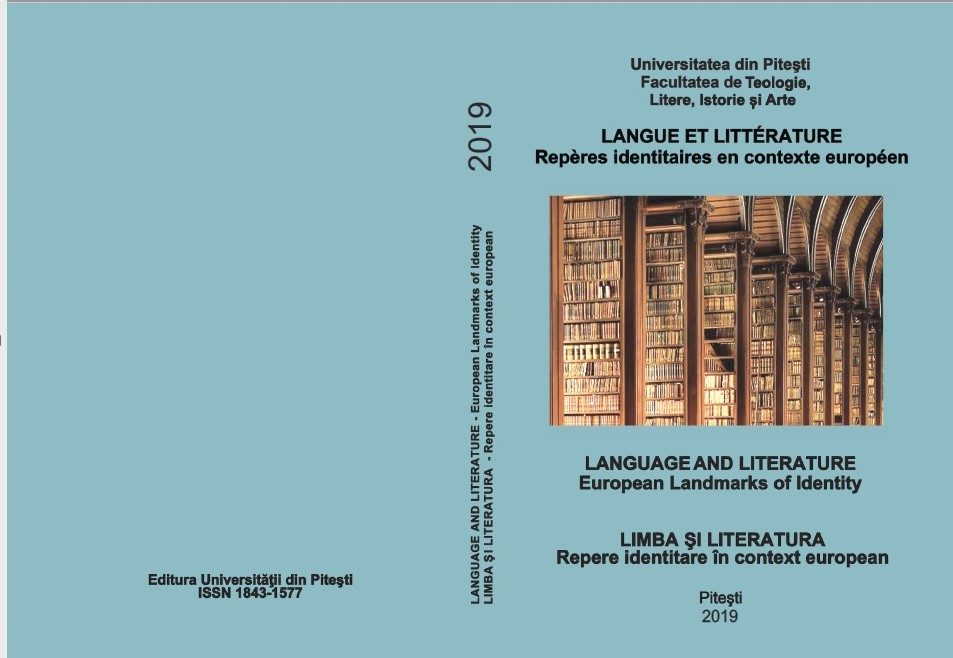USE AND CONSEQUENCES OF HUMOUR AND IRONY IN THE ONLINE ACTIVITIES OF DIGITAL NATIVE CHILDREN
USE AND CONSEQUENCES OF HUMOUR AND IRONY IN THE ONLINE ACTIVITIES OF DIGITAL NATIVE CHILDREN
Author(s): Anca Anda RodidealSubject(s): Social Sciences, Education
Published by: Editura Universităţii din Piteşti
Keywords: online humour and irony; cyberbullying; Z generation;
Summary/Abstract: Within today technologized and internet connected world, it is a known fact that children and teens are the most active users of technology, as Valkenburgh and Peter (2009:1) conclude: “adolescents are currently the defining users of the Internet”. Starting from studies and researches proving that children develop the sense of basic humour from very early age, from 10 - 15 months (Reddy, 1991, Johnson & Mervis, 1997), that the irony understanding appears later, after 6 – 7 years old (Loukusa & Leinonen, 2008), or even at 8 – 10 years old (Nielson, Gleider & Huyder, 2011), the adolescence being the age when are produced more ironic utterances through digital technology (Aguert M., Laval, et alii, 2016), this paper will focus on the use and consequences of integrating humour and irony in teenagers online activities and communication. Based on the studies and researches conclusions regarding the usage, producing and sharing of humour and irony within children and teens online communication this paper will point out the characteristics of online humour and irony they use or produce, but also its consequences, from the positive ones – ingroup cohesion and copying with embarrassing situations – to the negative ones – conflicts, violence and (cyber) bullying. Aiming to reveal the children and teens perceptions and representations of using in online communication humour and irony, this paper will contribute to the understanding of the special characteristics of digital native generation, opening the terrain for future researches.
Journal: LIMBA ȘI LITERATURA – REPERE IDENTITARE ÎN CONTEXT EUROPEAN
- Issue Year: 2019
- Issue No: 24
- Page Range: 220-227
- Page Count: 8
- Language: English

